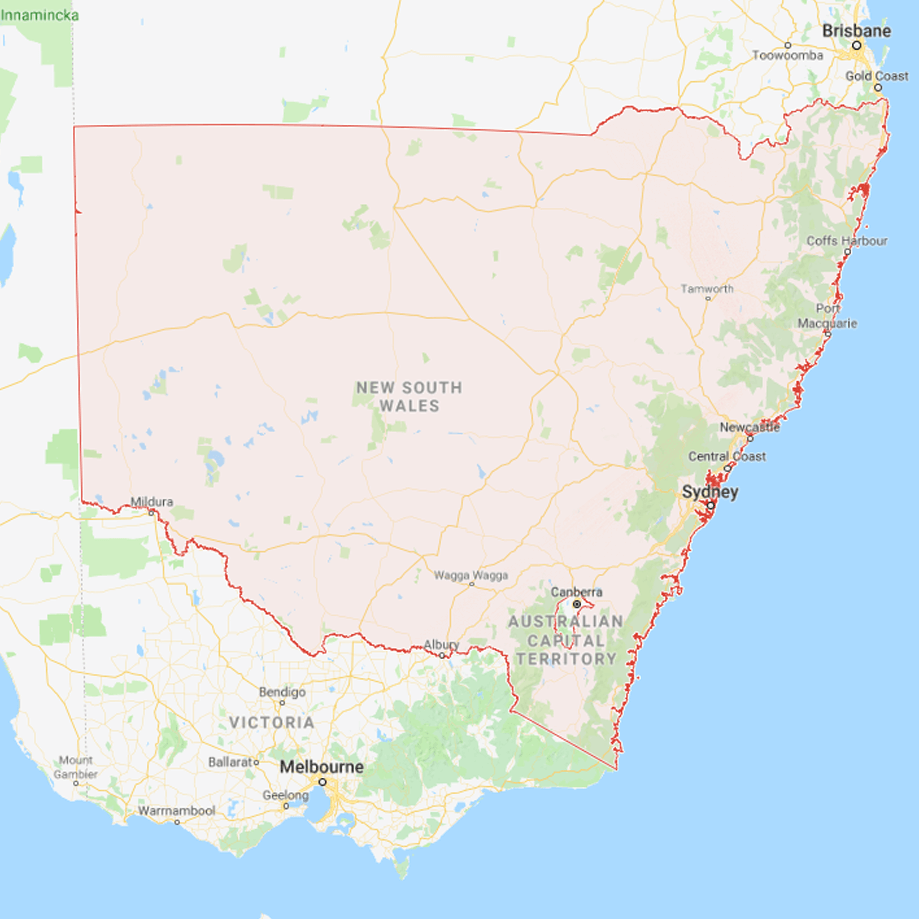Tornado radios – resilient radio network during natural disasters
With extreme weather events on the rise, deploying a resilient radio network which has already proven itself during natural disasters
Maintaining a reliable, secure communications network is at the heart of Surf Life Saving’s service. The network needs to offer full coverage with no congestion and the infrastructure used must be able to stand up to weather events and other natural disasters.
For Surf Life Saving Australia, the challenge was to find a partner to provide the links for their digital voice communications along difficult coastal terrain in New South Wales. The solution must use licensed spectrum due to the mission objective of maintaining public safety and there was a desire for cost-effective, easy deployment of infrastructure.
Microwave and fiber solutions were quickly discounted due to the cost of installation – in particular the difficulty and expense of constructing large microwave towers along the coast. Fiber and microwave would also offer far too much capacity for Surf Life Saving’s DMR requirements, making the expense of deployment untenable.
Karera Communications were chosen as the Systems Integrator to manage the project, due to their extensive experience in deploying mission-critical communications systems.
Based on the successful deployment of Mimomax equipment for Surf Life Saving New Zealand, the team at Surf Life Saving Australia requested a Mimomax Network Digital Link (NDL) for this NSW-based project. Karera Communications successfully managed the installation of a series of UHF network links, to provide coverage along 1500 kilometers of NSW coastline.
Designed for difficult links which would otherwise have required multi-hop microwave links, the Mimomax NDL offered the following:
Location: New South Wales, Australia
Industry: Public Safety
Services: With over 75,000 members spread across 129 clubs, surf lifesavers in NSW have patrolled over 1500 kilometers of coastline for over 100 years.

Our robust communication solutions are deployed across the globe in point-to-point and point-to-multipoint configurations to support industrial infrastructure for Utility, Oil and Mining companies and to provide linking for Public Safety and Transport organisations.